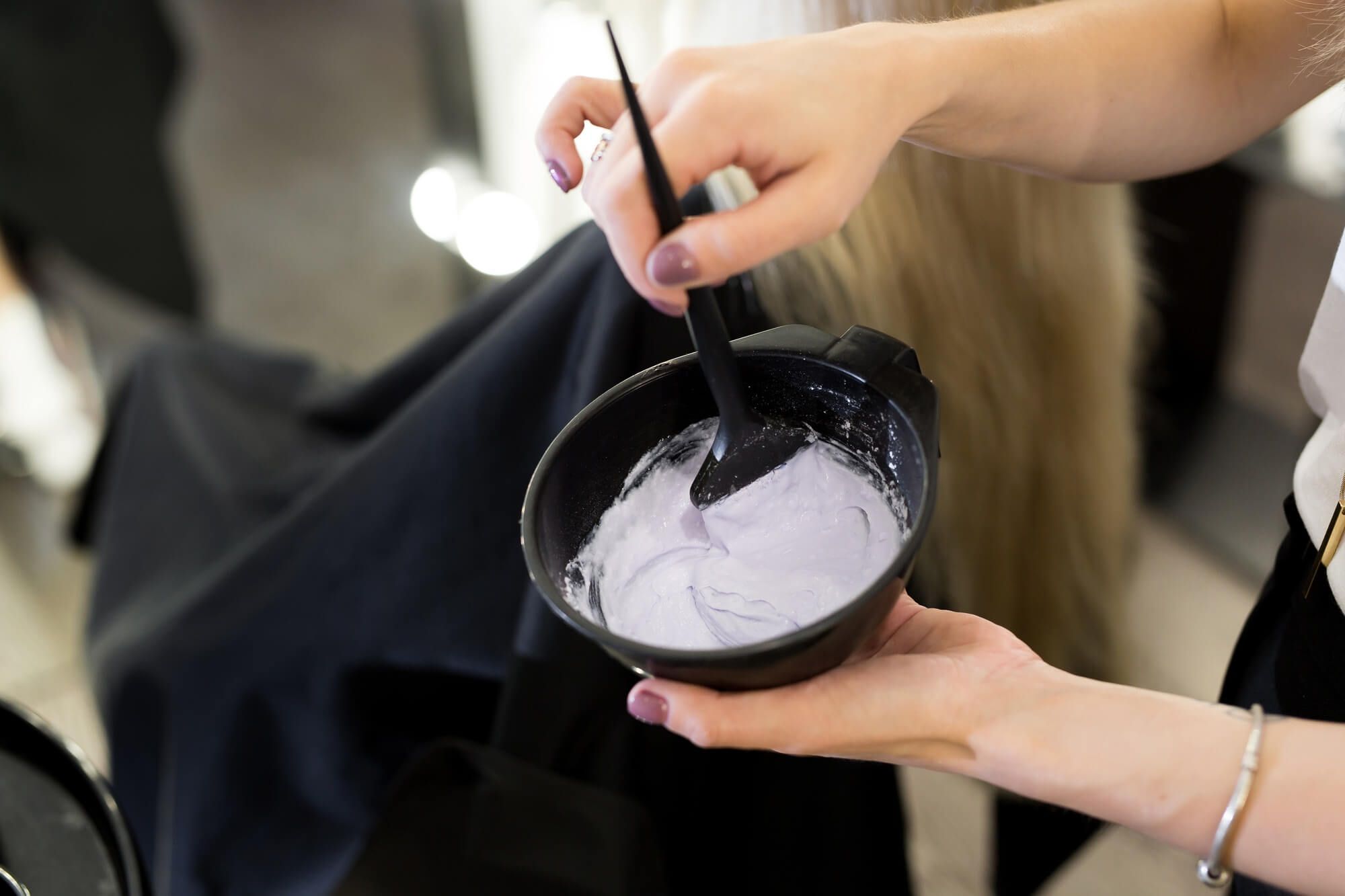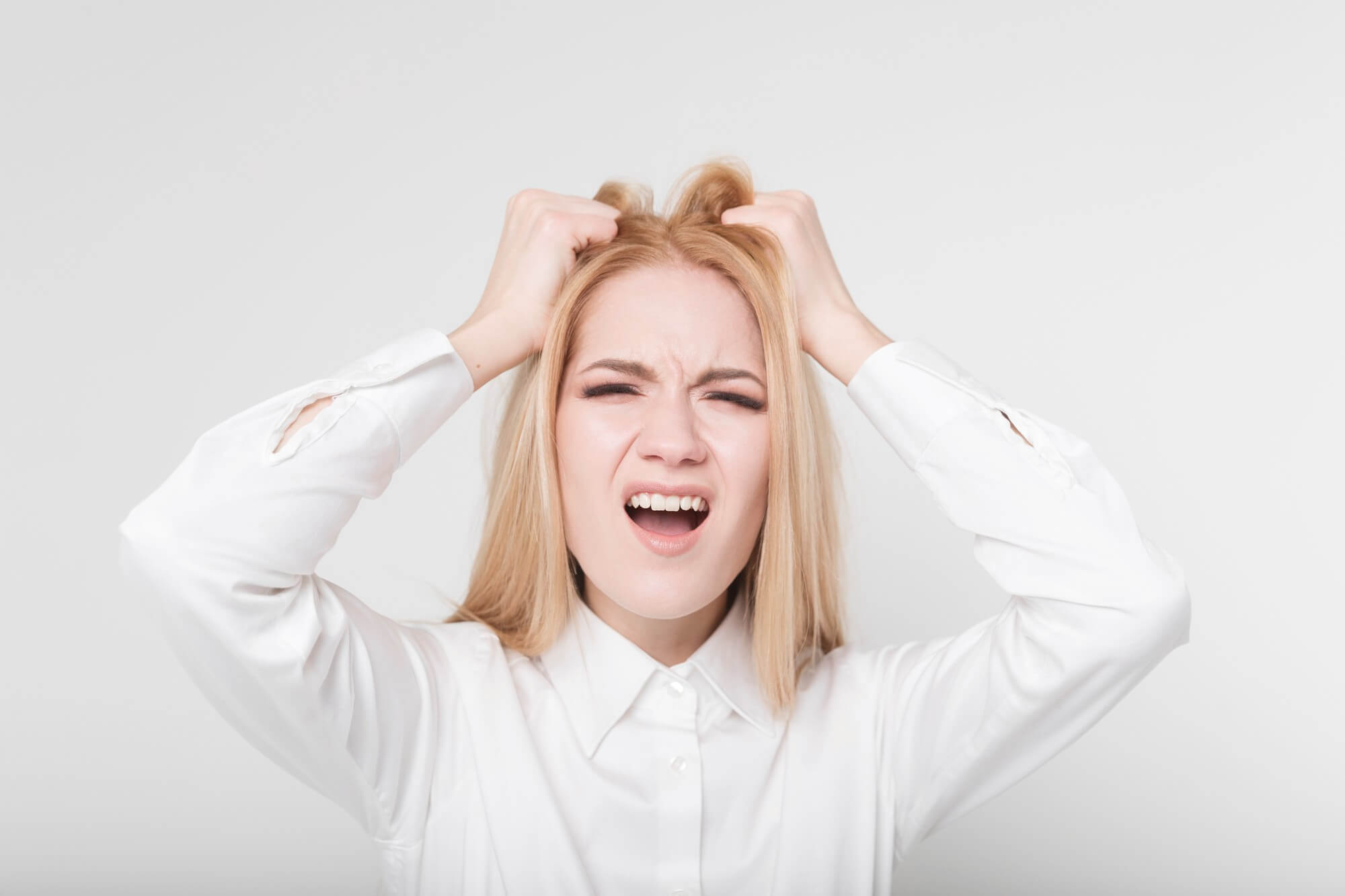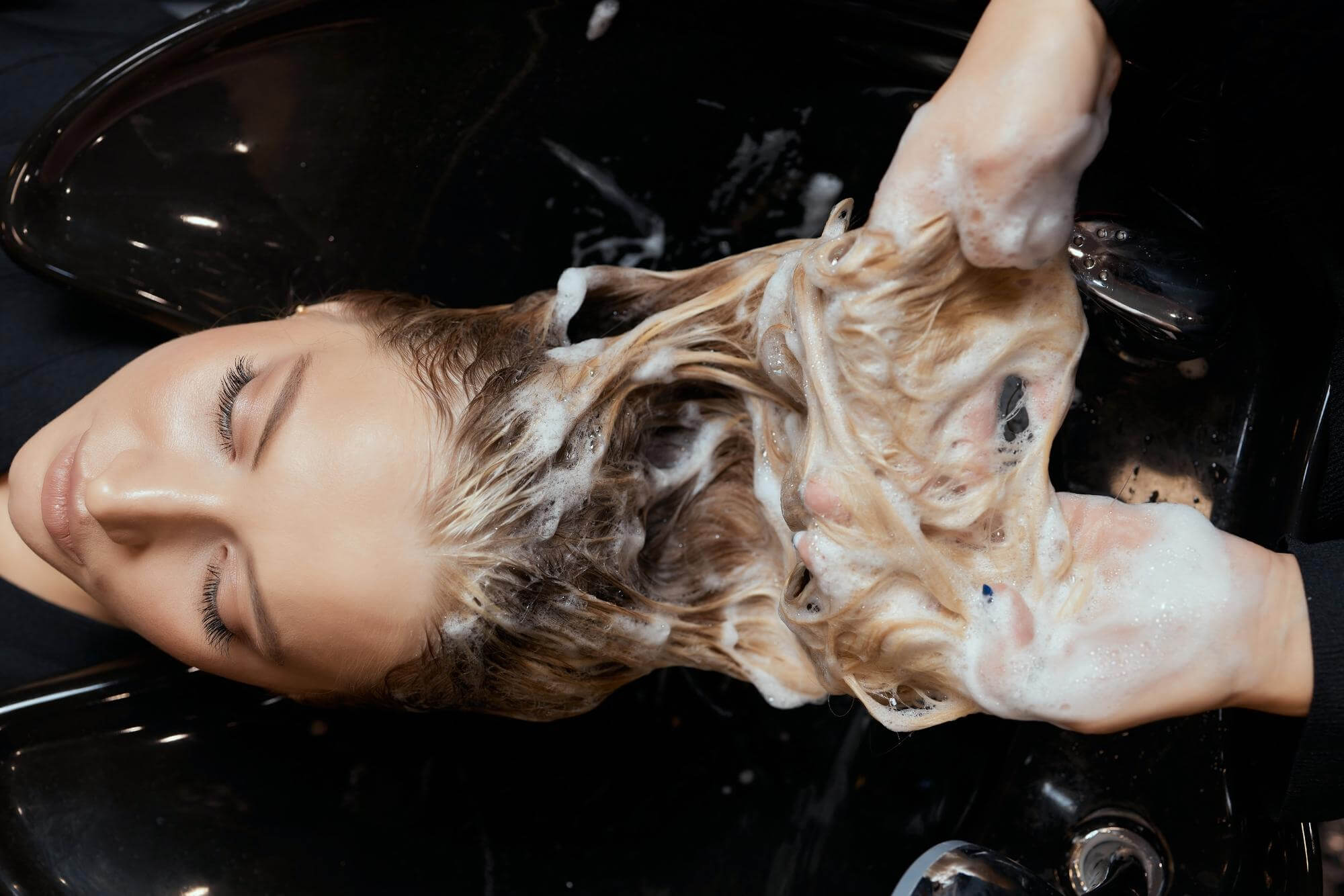How to recognize and treat hair dye allergy?


Eva Zakharova
Allergies to hair dye are a common problem faced by many people. In this article, an experienced allergist will explain the causes, symptoms, and treatments for hair dye allergies.
Why does a hair dye allergy occur?
Allergies to hair dye can occur due to individual intolerance to the components contained in the dye. Most often, an allergic reaction to hair dye is caused by chemicals such as ammonia compounds, hydrogen peroxide, resorcinol, p-phenylenediamine and others.
Common allergens in hair dyes
Allergies to hair dye are usually due to the presence of allergens such as:
- Paraphenylenediamine (PPD).
- Ammonia.
- Hydrogen peroxide.
- Resorcinol.
Hair dye allergy symptoms

Symptoms of allergies to hair dye may appear at different times after you color your hair. Common symptoms include:
- Itching and redness of the scalp.
- Swelling of the face and scalp, with occasional Quincke's edema.
- Eye inflammation and irritation.
- Rashes and rashes on the skin.
- Hair becomes brittle and dry.
An allergic reaction to hair dye can lead to serious consequences such as hair loss, dermatitis and even anaphylactic shock. Therefore, it is important to pay attention to your sensations and symptoms after dyeing your hair.
How to prevent an allergic reaction to hair dye
To avoid allergies to hair dye, you should take a number of precautions.
- Choose hair dyes that do not contain ammonia, hydrogen peroxide and other harsh ingredients. These dyes are less likely to cause allergies, especially if you have a sensitive scalp.
- Before you dye your hair, test your reaction to the dye. Apply a small amount of dye to the inside of your elbow or behind your ear and wait 48 hours. If there are no allergies during this time, you can start dyeing.
- If you want to avoid dye allergies, consider using natural alternatives such as henna, basma or indigo. They can help cover graying and give your hair the desired shade without the risk of allergies.
Treating and alleviating hair dye allergy symptoms

If you are allergic to hair dye, it is important to know what to do and how to treat the unpleasant symptoms.
Immediately after discovering your hair dye allergy, wash your scalp and hair with warm water and mild shampoo to remove dye residue.
Antihistamines such as Cetirizine, Loratadine, or Fexadine can be taken to relieve allergy symptoms. They will help reduce itching, redness, and swelling. Be sure to consult your doctor before using medications.
Topical medications such as hydrocortisone ointment or panthenol cream can be used to relieve skin irritation and itching. They can help soothe the skin and reduce inflammation. In addition, creams and oils based on natural ingredients such as aloe vera, calendula or tea tree oil can be used to moisturize and repair the skin.
How to choose the right hair dye without allergies
In order to find a hair dye that does not cause allergies, there are several aspects to consider.
- Carefully study the composition of the hair dye before buying, paying attention to the presence of possible allergens. Products with a minimum amount of chemical components and the presence of natural ingredients should be preferred.
- Get advice from experienced allergists, beauticians and users who have experienced hair dye allergies. They will be able to tell you which brands are considered safe and hypoallergenic.
- When choosing a hair dye that does not cause allergies, look for reviews and experiences of other users. This will allow you to make a more informed choice and avoid unpleasant surprises after hair coloring.
Allergies to hair dye can be a serious problem, but knowing what to do and what to treat, you can successfully cope with this condition. It is important to choose safe and hypoallergenic dyes, follow the recommendations of experts and carefully check your reaction to the dye before dyeing. In the case of an allergic reaction to hair dye, be sure to seek professional help and advice from a doctor.
New materials
Popular Articles
We recommend reading
Contact us in the Contact Us section to ask questions, offer ideas, or for more information about our allergy resource.
Our articles are your trusted source of allergy knowledge. Learn how to make life with allergic reactions easier on our specialized portal.
©
Lechenie-Allergii.com. All rights reserved.
© Lechenie-Allergii.com. All rights reserved.
The information on this site is for informational purposes only and is not a substitute for professional medical advice. We recommend consulting with qualified medical professionals for accurate information and advice.
 English
English  Українська
Українська  Русский
Русский 









